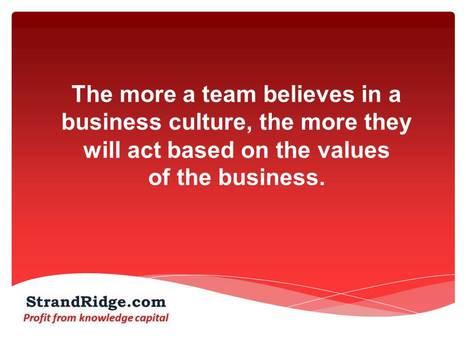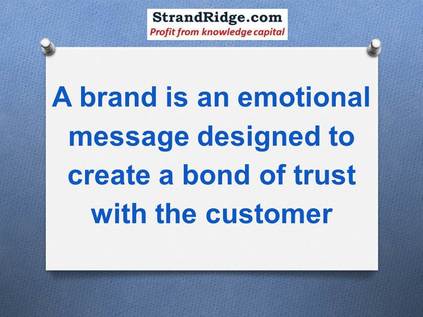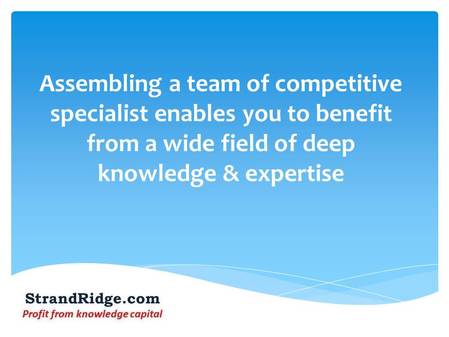Aligning team goals & personal values
A couple traveled over-land from the United Kingdom, across Asia to Australia. They then wrote a travel guide very much in-line with “the hippie trail travel culture” prevalent in the 1970s. It was a success and grew over the decades into the largest travel guides company in the world. This is a great story of building a business based on experience, values and culture embraced by the founders of the business.
Business culture is an expression of the values, vision, mission and goals of an organization as practiced and expressed by the people involved in the business.
With outsourcing an integral part of business practice, the culture of a business can also be shaped by suppliers and external agencies that provide support services.
At the early stages of a business when the number of owners and staff are small it is easy to communicate the values, vision, mission and goals to shape the business culture.
As staff numbers increase and as more external agencies collaborate to grow the business a sense of cultural cohesion and common purpose may be lost. This can be due to the pressures arising from doing what seems to be necessary to achieve daily business targets.
High performance businesses tend to have a performance driven culture with attributes that include:
1. Across the business from leaders to shop floor staff there is an embrace of shared values, vision, mission and goals.
2. There is a sense of accountability with duties and responsibilities clearly defined and accepted.
3. There are channels that facilitate timely coordinated action based on insights from analysis of data and information.
4. There is an established timely conflict resolution process to resolve issues in a fair and just manner.
5. A trusted mechanism to collect, analyse and communicate reliable data and information to all parties for timely action is in place.
Creating a high performance culture requires taking the right action. The top leadership have to lead through example. There should be a critical assessment of the fundamental values of the business. In defining the vision, mission and goals the realities of the market need to be understood.
Modeling and benchmarking tools should be utilized to set standards for conduct and work performance. It is important to understand industry and regulatory requirements when setting standards within the business.
A business system based on the values, vision and mission should be designed to promote a high performance work culture. Members of business teams should be guided towards implementing goals within the framework of this business system.
The more a team believes in a business culture, the more they will act based on the values of the business. It is worth investing in creating such a culture. Spend time aligning the personal values of your team members with this culture to achieve high performance.
Siddha Param
International Business Consultant
Reboot your business plan for sustained high growth
Click For Link To:
CENTRE FOR EXCELLENCE
BUSINESS EXCHANGE DIRECTORY
Do share this article on social media and with those interested




 RSS Feed
RSS Feed
